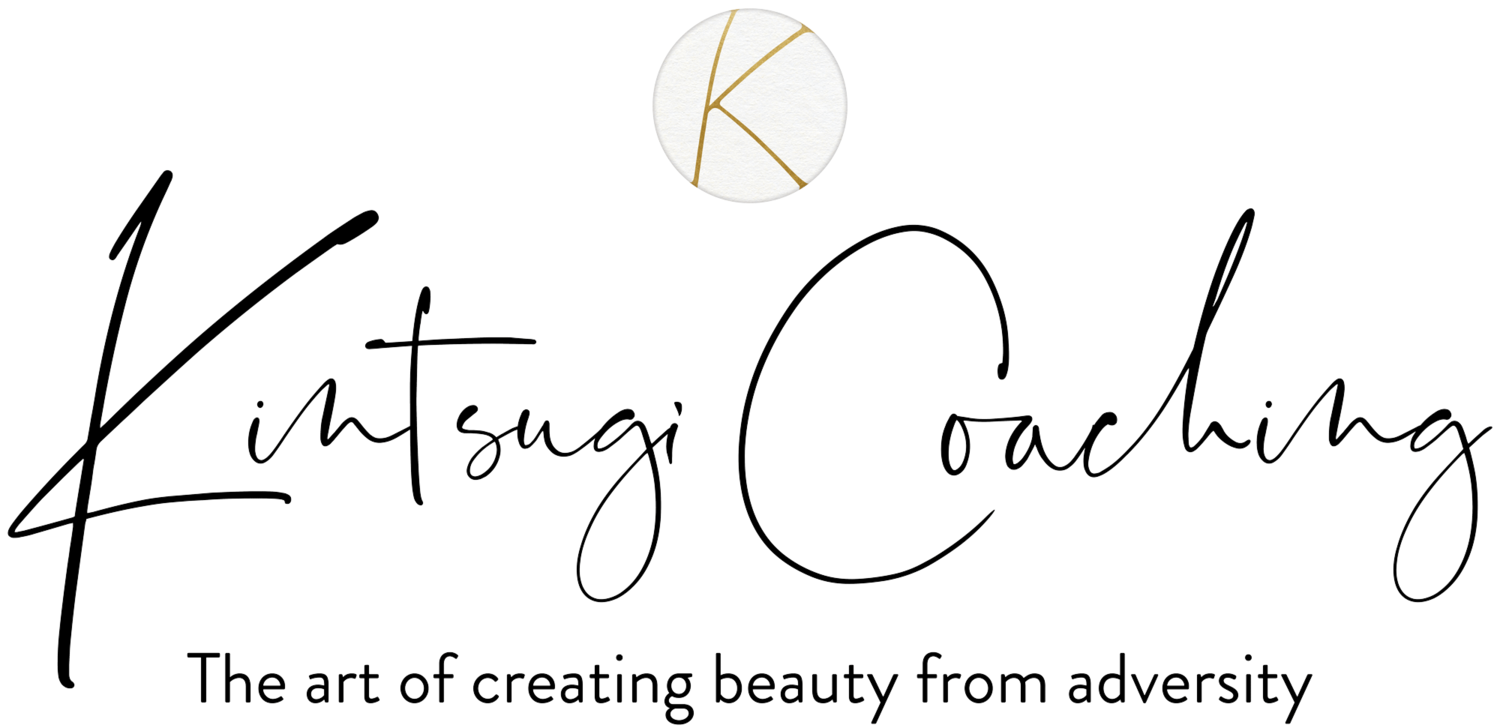The Tao of Baseball
I love baseball. Okay, I love the San Francisco Giants. (I especially love it when they’re winning, which they are.) I think I most appreciate that, in baseball, each player has his unique style and contribution to make and his moment at bat, but his talent is only seen, is only really useful, in the larger context of playing as part of a team. As their slogan says, “Together We’re Giant.”
In a recent game I listened to the commentators discussing one particular player’s recent triumphant turnaround from a long lousy streak at bat. When asked what had changed things he said that he’d had an epiphany: he realized that he’d been playing for himself. He’d been focused only on his personal performance, the result of which was disastrous. So he decided that he was going to think instead about playing for the team. That was it.
This simple but profound perceptual shift from individual to collective success created a whole new ball game for this guy. (Sorry, it was just too good to pass up. At least I didn’t say “There is no “I” in T-E-A-M” –which, by the way, there isn’t.) “Show me a team with twenty-five talented, selfish players,” the announcer continued, “and I’ll show you a losing team.”
We are, the lot of us, on a team called the Human Race: seven billion or so really talented, smart individuals on a precipitous losing streak. We’re missing the ball with our global economics, wars (to be rather redundant), destructive environmental practices and deplorable civil rights.
For hundreds of years we, as nations and as individuals, have been focused on maximizing personal gain without taking into account the long-term effect of our actions on the team’s well-being and morale. We’ve conquered and eradicated, hoarded and used to the point where we now find ourselves indebted, divided, fearful, violent, materially satiated and spiritually impoverished. And what I am suggesting, not to put too fine a point on it, is that we did this through a mental precept that put personal power ahead of love: the thoughtful connection to and concern for the greater good of all. We forgot that we are part of a team.
When our focus is myopic, we fail to assess both the short and long-term consequences of our actions. If my focus is solely my bottom line and the enhancement of my personal wealth, comfort, pleasure or power then what I do and how I do it have nothing to do with others. Consideration begins and ends with how someone or something helps me to achieve my agenda. This sort of “free agent” thinking on a political and national level is disastrous: just look around.
Now look back at the story of the ball player and note that it was when he shifted his focus from self to team he started hitting well. The focus on other did not come at the price of his personal success; quite the contrary. Focusing on the whole team, he began to experience the sort of success that he had wanted all along. And, simultaneously, his team improved. A classic win-win.
The implications of this sort of shift in perspective for our selves, community, nation and our little blue planet are profound. For example: what if I looked at a ballot measure that would increase property taxes to provide funding for public schools not from the standpoint of personal interest (“I don’t even have kids”), but instead from the standpoint of our community? (“Great schools are the basis for a more tolerant, healthy, creative world.”) What if I stop to consider that choosing an organic apple is not just about money or my personal health but also the health of the air and water and earth upon which we all depend? And what might happen if I thought about the fact that more than a million people, 500,000 of whom are women and children, have been killed in the wars in Iraq and Afghanistan, wars that have bankrupted us in every sense of the word?
I might stop and ask myself how that possibly serves the advancement of our team.
The quiet, often subtle, personal choices we make reverberate throughout the whole of the human race. It matters what you buy, what you eat, what policies you support. It matters whether your focus is on self or the interests of all concerned. A small shift between these two perspectives can be a game changer. Nobody wins unless we win together, and together, we’re giant.

